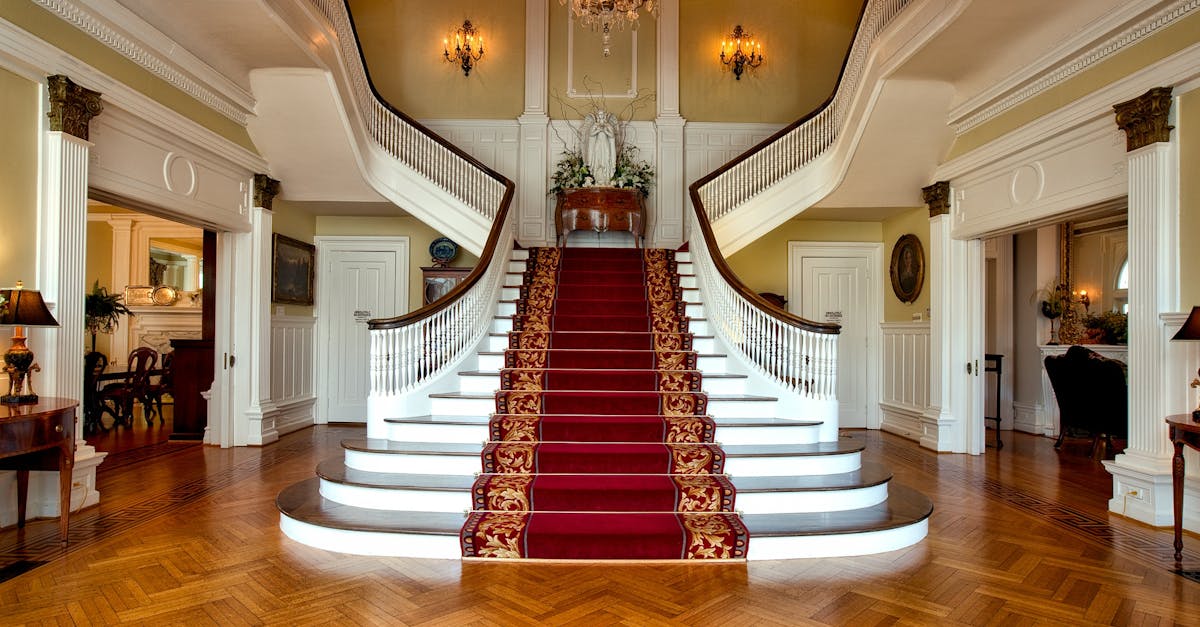Are Europe’s charming family-owned hotels on the verge of extinction?
The decline of Europe’s local establishments
Europe has long been a leader in the travel and tourism industry, accounting for almost two-thirds of the world’s tourist arrivals. One of the factors that make Europe so appealing to travelers is its rich diversity of cultures and people. This diversity is reflected in the fabric of Europe’s travel industry, which is made up of many small, locally-owned businesses. In fact, an astounding 77% of European hotels are independently owned, with many of them being family businesses that have been passed down through generations. These family-owned hotels are the heart and soul of the European tourism industry, providing a unique and authentic experience for travelers.
Unfortunately, Europe’s small and independent businesses are facing a steady decline. Local establishments are being slowly replaced by larger, often global, hotel chains. This “chainification” of the European travel industry is eroding the continent’s rich cultural diversity. But why is this shift happening?
The rise of hotel chains
One of the main reasons for the decline of family-owned hotels is the growing number of international visitors to Europe. These visitors often prefer the familiarity and convenience of staying in a well-known hotel chain. Smaller businesses find it increasingly challenging to reach these travelers, who may be unfamiliar with the destination or face language barriers. On the other hand, major hotel chains have the resources to establish a global presence, cultivate customer loyalty, and distribute marketing costs across a larger customer base. This structural disadvantage puts independent properties in a precarious position.
The impact of the COVID-19 pandemic
The COVID-19 pandemic has further exacerbated the decline of family-owned hotels. Lockdowns and travel restrictions have hit smaller businesses the hardest, leaving them even more vulnerable and ill-equipped to compete. As a result, almost two-thirds of investments in the European accommodation sector are now made by hotel chains, with just four companies building half of Europe’s new hotels. If this trend continues, the face of Europe’s travel sector will change fundamentally.
Preserving Europe’s unique diversity in travel and tourism
It is crucial to find ways to support and empower Europe’s small businesses in the travel and tourism industry. Smaller accommodations struggle with making the required investments to remain competitive in an evolving marketplace, especially when it comes to sustainability measures. Governments can play a role in supporting these businesses by providing fiscal and tax incentives, better access to capital and financing, and more technical and operational support. It is essential for governments to listen to the concerns and needs of small businesses and rethink their approach to support.
Industry leaders, like Booking.com, have also taken steps to support small accommodations. Booking.com has developed a travel sustainable program that recognizes the dynamic nature of small accommodations and helps them become more sustainable one step at a time. It is important to acknowledge that a one-size-fits-all approach does not work in an industry as diverse as travel and tourism.
The future of Europe’s family-owned hotels
Europe’s leadership in the travel and tourism industry is founded upon its ecosystem of small and independent businesses. It is vital to ensure that these family-owned hotels have the right environment to continue thriving in the future. By supporting these businesses, we can preserve Europe’s unique diversity in travel and tourism and offer travelers a more authentic and enriching experience.
